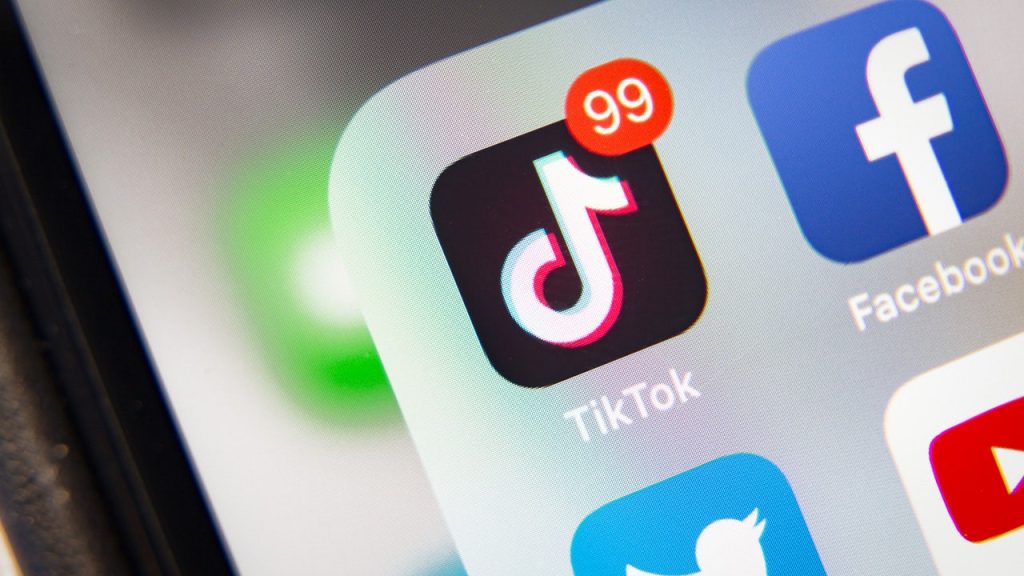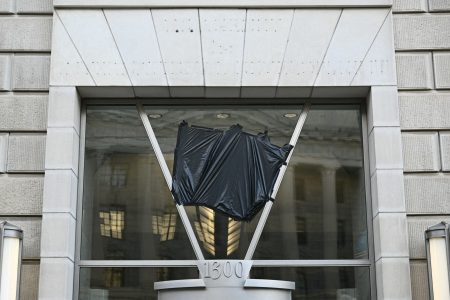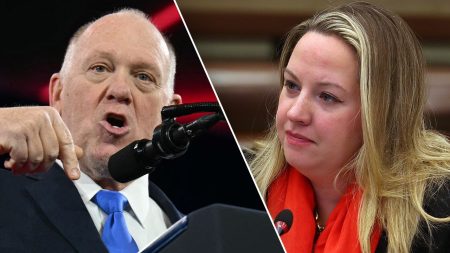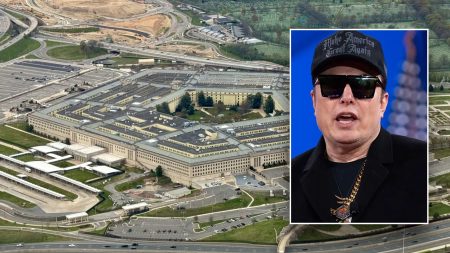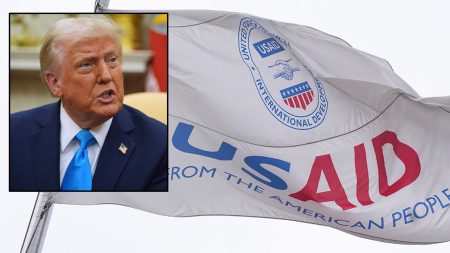The Supreme Court’s unanimous decision to uphold a federal law effectively banning TikTok unless it’s divested from its Chinese parent company, ByteDance, has sparked a wave of reactions, ranging from enthusiastic applause to accusations of anti-democratic overreach. The ruling, set to take effect on Sunday, centers on national security concerns stemming from TikTok’s data collection practices and its ties to China. While acknowledging the platform’s significance as a means of expression and community for over 170 million Americans, the Court underscored Congress’s determination that divestiture is essential to address these concerns.
Prominent figures like former Vice President Mike Pence and Senators Tom Cotton and Ted Cruz lauded the decision as a victory for national security and a blow against Chinese influence. They emphasized the importance of protecting American user data from potential exploitation by the Chinese Communist Party. Pence further called upon the incoming Trump administration to uphold the law and prioritize American privacy and security. Cotton echoed this sentiment, labeling TikTok a “communist spy app” and emphasizing China’s refusal to allow its sale as evidence of its true nature. Cruz concisely stated the necessary action: the Chinese government must relinquish control of TikTok.
Legal experts and advocacy groups also weighed in, with Carrie Severino, President of Judicial Crisis Network, echoing the national security concerns, and Alleigh Marré of the American Parents Coalition celebrating the decision as a win for parents concerned about the platform’s influence on children. Michael Lucci of State Arumor commended the Court’s recognition of the power of elected officials to protect national security and called for TikTok’s sale to an American company or its complete cessation of operations in the United States. This chorus of support reflects the widespread anxiety surrounding potential data breaches and manipulation by foreign adversaries.
However, the ruling has also drawn sharp criticism. David Greene of the Electronic Frontier Foundation decried the decision as “anti-democratic,” arguing that shutting down or forcing the reorganization of communication platforms based on foreign propaganda concerns undermines democratic principles. Similarly, UC Berkeley Law Dean Erwin Chemerinsky criticized the Court’s uncritical acceptance of the government’s arguments, questioning the specificity of the national security threat posed by data collection and emphasizing the significant impact on speech caused by banning a platform used by 173 million Americans. These dissenting voices highlight the tension between national security concerns and the protection of free speech and open access to online platforms.
The crux of the debate lies in the balance between national security and freedom of expression. Proponents of the ban argue that the potential risks posed by TikTok’s data collection and its connection to the Chinese government outweigh the platform’s value as a social media outlet. They point to the potential for data breaches, manipulation, and the spread of propaganda as justifications for the ban. Critics, on the other hand, argue that the ban sets a dangerous precedent for restricting online speech and access to information, and that the government has not adequately demonstrated the specific threat posed by TikTok.
The Supreme Court’s decision marks a significant turning point in the ongoing debate over the role of technology, national security, and freedom of speech in American society. The implementation of the ban and its long-term consequences remain to be seen, as the incoming Trump administration will be responsible for enforcing the ruling. The case highlights the complex and evolving relationship between government regulation, technological innovation, and individual liberties in the digital age. The tension between safeguarding national security and upholding fundamental rights will likely continue to be a central challenge in the years to come.




